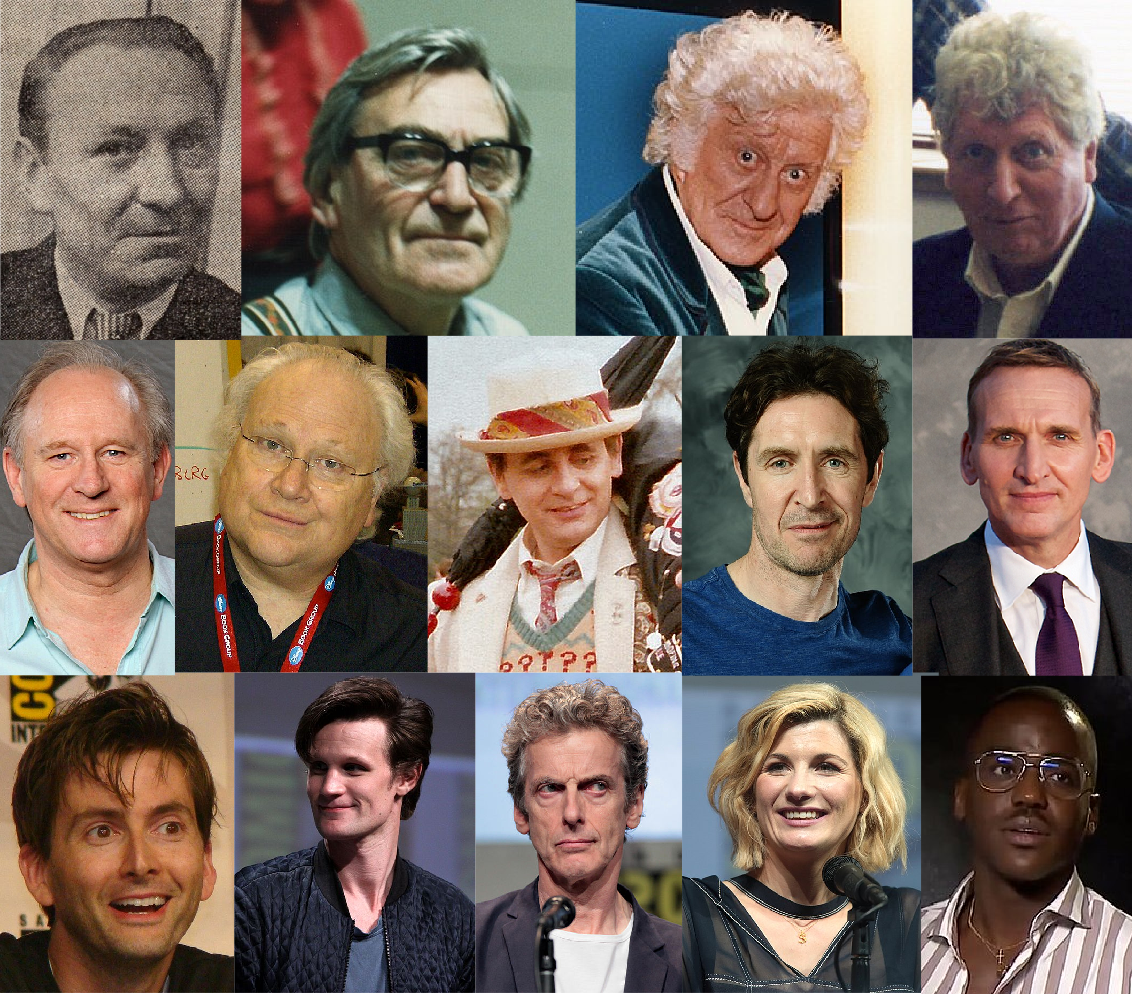|
The Holy Terror (audio Drama)
''The Holy Terror'' is a Big Finish Productions audio drama based on the long-running British science fiction television series '' Doctor Who''. It is notable for incorporating Frobisher, a regular character from '' Doctor Who Magazine'''s comic strip during the mid-1980s. Plot The Sixth Doctor and Frobisher become involved in a power struggle in a mysterious castle, culminating in a bloodbath. The Doctor and Frobisher finds themselves involved with a society which strictly adheres to a complex and apparently illogical set of customs. Drawing inspiration from the Shakespearean tragedy as well as exploring unpleasant elements of the father/child relationship and infanticide, this is one of the darker episodes. This is the first ''Doctor Who'' audio story to feature Frobisher. This episode addresses issues of crime and retribution, self-determinacy, religious extremism and custom. Cast * The Doctor — Colin Baker *Frobisher — Robert Jezek *Captain Sejanus — Dan Hogarth * ... [...More Info...] [...Related Items...] OR: [Wikipedia] [Google] [Baidu] |
Big Finish Productions
Big Finish Productions is a British company that produces books and audio plays (released straight to compact disc and for download in MP3 and m4b format) based, primarily, on cult science fiction properties. These include '' Doctor Who'', the characters Judge Dredd and Strontium Dog from '' 2000 AD'', '' Blake's 7'', ''Dark Shadows'', '' Dracula'', ''Terrahawks'', '' Sapphire & Steel'', ''Sherlock Holmes'', ''Stargate'', '' The Avengers'', '' The Prisoner'', ''Timeslip'' and '' Torchwood''. History Founded in 1996, Big Finish in late 1998 began releasing audio plays adapted from the New Adventures, a series of novels from Virgin Books which had originally been licensed ''Doctor Who'' stories, but by then had become officially independent from the show and were based around the character of Bernice "Benny" Summerfield. In 1999, Big Finish obtained a non-exclusive licence to produce official ''Doctor Who'' plays, beginning with the multi-Doctor story ''The Sirens of Time''. ... [...More Info...] [...Related Items...] OR: [Wikipedia] [Google] [Baidu] |
The Doctor (Doctor Who)
The Doctor is the title character in the long-running BBC science fiction television programme ''Doctor Who''. Since the show's inception in 1963, the character has been portrayed by thirteen lead actors. In the programme, "the Doctor" is the alias assumed by a millennia-old humanoid alien, a Time Lord who travels through space and time in the TARDIS, frequently with companions. The transition to each succeeding actor is explained within the show's narrative through the plot device of " regeneration", a biological function of the Time Lord race that allows a change of cellular structure and appearance with recovery following a fatal injury. A number of other actors have played the character in stage and audio plays, as well as in various film and television productions. The Doctor has been well-received by the public, with an enduring popularity leading '' The Daily Telegraph'' to dub the character "Britain's favourite alien", while abroad the character has come to be seen as a ... [...More Info...] [...Related Items...] OR: [Wikipedia] [Google] [Baidu] |
Absurdist Fiction
Absurdist fiction is a genre of novels, plays, poems, films, or other media that focuses on the experiences of characters in situations where they cannot find any inherent purpose in life, most often represented by ultimately meaningless actions and events that call into question the certainty of existential concepts such as truth or value. The absurdist genre of literature arose in the 1950s and 1960s, first predominantly in France and Germany, prompted by post-war disillusionment. Absurdist fiction is a reaction against the surge in Romanticism in Paris in the 1830s, the collapse of religious tradition in Germany, and the societal and philosophical revolution led by the expressions of Søren Kierkegaard and Friedrich Nietzsche. Common elements in absurdist fiction include satire, dark humor, incongruity, the abasement of reason, and controversy regarding the philosophical condition of being "nothing". Absurdist fiction in play form is known as Absurdist Theatre. Both ge ... [...More Info...] [...Related Items...] OR: [Wikipedia] [Google] [Baidu] |
Black Comedy Plays
Black is a color which results from the absence or complete absorption of visible light. It is an achromatic color, without hue, like white and grey. It is often used symbolically or figuratively to represent darkness. Black and white have often been used to describe opposites such as good and evil, the Dark Ages versus Age of Enlightenment, and night versus day. Since the Middle Ages, black has been the symbolic color of solemnity and authority, and for this reason it is still commonly worn by judges and magistrates. Black was one of the first colors used by artists in Neolithic cave paintings. It was used in ancient Egypt and Greece as the color of the underworld. In the Roman Empire, it became the color of mourning, and over the centuries it was frequently associated with death, evil, witches, and magic. In the 14th century, it was worn by royalty, clergy, judges, and government officials in much of Europe. It became the color worn by English romantic poets, businessm ... [...More Info...] [...Related Items...] OR: [Wikipedia] [Google] [Baidu] |

